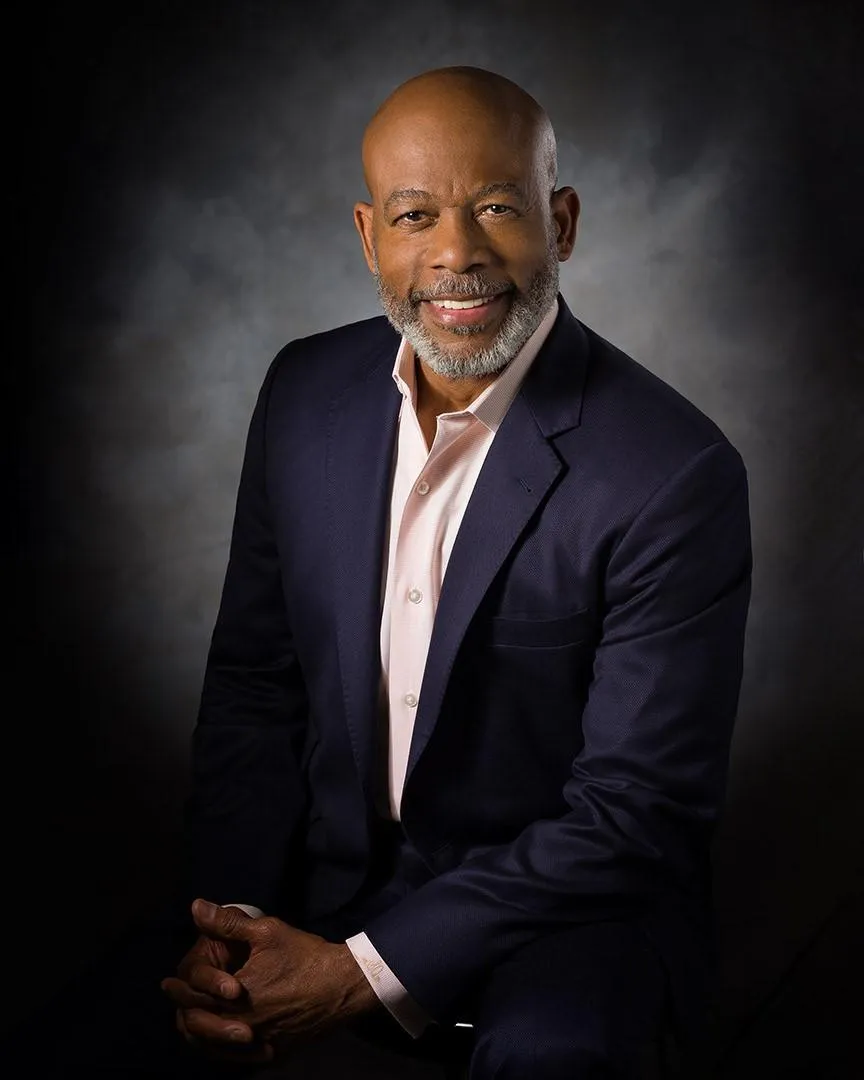
Special Guest Expert - Saurel Quettan

Saurel Quettan
About Saurel Quettan, MBA, PMP:
Human Behavior and Transformation Expert, Creator of “Launching You” – Access to Being The Leader You Most Respect.
Saurel has helped entrepreneurs, CEOs, founders, and owners of small to medium-sized businesses improve their effectiveness, grow their businesses, and enhance their lives. As a leadership coach, with 20+ years in the field of human growth and development, Saurel doesn’t teach leadership! Instead, he helps clients focus on the distinction between achievement and success, assisting as they create and embrace something bigger than themselves. In the process, they become The Leader They Most Respect.
Connect with Saurel:
Please Share This With Your Followers
